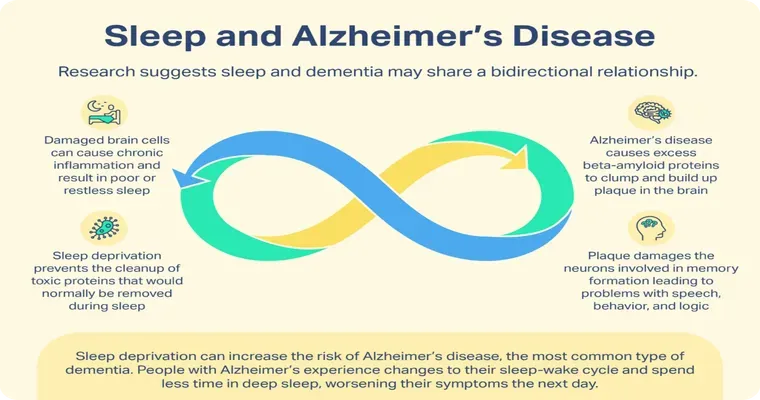In recent years, there has been growing recognition of the importance of a "consistent sleep schedule" for individuals experiencing "sundowning" and "hallucinations". As many caregivers and medical professionals have discovered, adjusting sleep patterns can significantly improve the overall well-being of those affected. This article explores how making these "sleep schedule changes" can help manage symptoms and enhance the quality of life for individuals facing these challenges.
Sundowning is a phenomenon often associated with "Alzheimer's disease" and other forms of dementia. It typically occurs in the late afternoon or evening, leading to increased confusion, agitation, and irritability. Hallucinations, on the other hand, can manifest as visual or auditory disturbances, making it difficult for individuals to discern reality. Both conditions can be distressing for both the individual and their caregivers.
One effective strategy for managing these symptoms involves establishing a "regular sleep routine". By creating a predictable cycle, individuals can regulate their internal body clock, which plays a crucial role in sleep-wake patterns. This routine may include going to bed and waking up at the same time each day, even on weekends, to reinforce the body's natural rhythms.
Additionally, it is vital to create a "calming bedtime environment". This can involve dimming the lights, reducing noise, and ensuring the bedroom is comfortable and conducive to sleep. Engaging in relaxing activities, such as reading or listening to soothing music before bedtime, can also signal the body that it is time to wind down.
Incorporating "daytime physical activity" can further enhance sleep quality. Moderate exercise has been shown to improve sleep patterns and reduce symptoms associated with sundowning and hallucinations. Caregivers should encourage light physical activities, such as walking or gentle stretching, during the day to promote better sleep at night.
Moreover, managing exposure to natural light is crucial. Engaging in outdoor activities during the day can help regulate the circadian rhythm and improve mood. Conversely, limiting screen time in the evening can reduce blue light exposure, which can interfere with melatonin production and disrupt sleep.
It is also essential to monitor dietary habits. Avoiding heavy meals, caffeine, and alcohol close to bedtime can contribute to a more restful night’s sleep. Instead, opting for light snacks that promote sleep, such as bananas or herbal tea, can be beneficial.
For caregivers, understanding the importance of these "sleep schedule changes" is vital. By being attentive to the individual's needs, caregivers can implement adjustments that may lead to significant improvements in managing symptoms of sundowning and hallucinations.
In conclusion, adapting sleep schedules to align with the changing cycles of individuals experiencing sundowning and hallucinations can be a powerful tool in managing their symptoms. By establishing a consistent routine, creating a calming environment, promoting physical activity, and monitoring dietary habits, caregivers can foster a more peaceful and restorative sleep experience. These changes not only enhance the quality of life for those affected but also provide much-needed relief for caregivers, ultimately leading to a more harmonious living situation for everyone involved.





